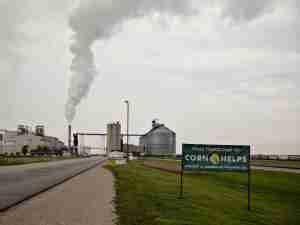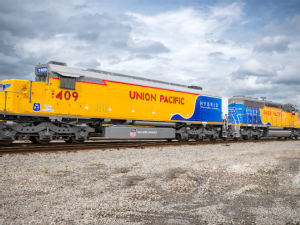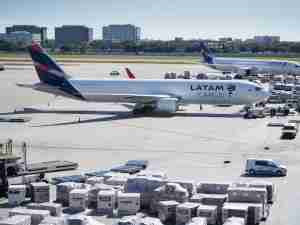Transportation is largely in healthy shape heading into next year with some interesting developments that could shape how infrastructure is developed and how people travel over time, according to Fitch Ratings in a new report.
Among the more notable areas of interest among infrastructure investors is progress, or lack thereof, of U.S. airports becoming completely privatized. Unlike other infrastructure sectors, U.S. airports can sustain themselves with minimal support from the government. This is leading to an influx of private sector capital for airports. The prospect of whole-airport privatizations, however, is unlikely, particularly in the US. What is likely to take place, instead, is increased use of public private partnerships (P3s) to help finance new and expanded airport terminals along with rail connections and other related facilities.
"Public-private partnerships are ultimately the best use of the private sector for airports as they can result in mutually beneficial long-term outcomes, as compared to privatizations which can have more adverse long-term outcomes for the public," said Managing Director Cherian George.
Environmental issues like rising sea levels will likely lead to more investment in maritime infrastructure in order to improve resilience to elemental factors. Longer term, rising sea levels may lead to reduced competitiveness and usage for ports most susceptible to environmental change.
The advent of the autonomous vehicle is another interesting development likely to influence transportation in the long term. Driverless cars are not likely to increase the number of road trips, and by extension traffic on toll roads dramatically at the outset. But with full adoption of driverless cars likely over 20 years from now, their usage will affect the number of vehicles owned and reduce idle system capacity. Where this will likely have a more significant effect is parking assets.
"Cars remain parked on average for 95% of the time so fewer cars will need to be parked for long periods of time, plus the convenience of just-in-time transportation will result in fewer cars being owned," said George. "At the end of the day, people still need to travel for work, business, school and leisure, though improving technology will increase the efficiency of work and travel and in turn possibly reduce trips to some degree."








